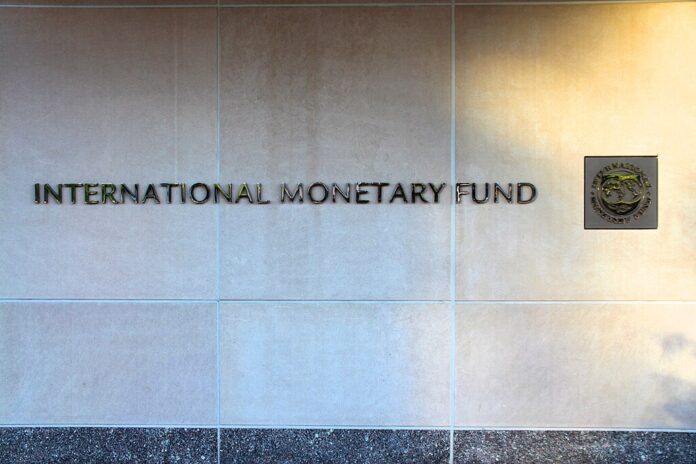The IMF’s 37-month agreement aims to bolster Pakistan’s macroeconomic stability and promote inclusive growth through extensive reforms
On July 12, 2024, the International Monetary Fund (IMF) announced a staff-level agreement with Pakistan for a 37-month Extended Fund Facility (EFF) amounting to approximately $7 billion. This crucial agreement builds on the economic stability achieved under the 2023 Stand-by Arrangement (SBA) and is pending approval from the IMF’s Executive Board.
The agreement comes after discussions led by Nathan Porter, the IMF’s Mission Chief to Pakistan, during a staff visit from May 13 to 23, 2024. The resulting framework represents a comprehensive program supported by both federal and provincial governments, focused on solidifying macroeconomic stability and fostering sustainable growth.
Embed from Getty ImagesKey objectives of this program include strengthening fiscal and monetary policy, broadening the tax base, improving the management of State Owned Enterprises (SOEs), and scaling up social protection through enhancements to the Benazir Income Support Program (BISP). The IMF emphasized the necessity for continued financial backing from Pakistan’s development partners to achieve these goals.
Among the primary goals, the Pakistani government seeks to ensure sustainable public finances through gradual fiscal consolidation. This involves broadening the tax base, removing exemptions, and increasing funding for critical development and social programs. The FY25 budget is designed to secure a primary surplus of 1% of GDP, with plans for additional revenue increases over the program’s lifespan.
The agreement also focuses on creating a balanced fiscal effort between federal and provincial governments. Through the National Fiscal Pact, provincial authorities will gain greater responsibility for education, health, and social protection spending, enhancing public service delivery.
Addressing inflation is a top priority, with the State Bank of Pakistan (SBP) committed to maintaining a flexible exchange rate and improving transparency in foreign exchange operations. The program also aims to strengthen financial institutions and ensure stability within the banking sector.
To enhance the energy sector’s viability, the government plans timely adjustments to energy tariffs and targeted subsidy reforms, moving towards direct support for households through the BISP.
The agreement encourages private sector growth by improving the business environment and eliminating economic distortions. Efforts to enhance SOE management and transparency within the Pakistan Sovereign Wealth Fund are also underway.
Analysis
Political
Securing the IMF agreement marks a significant political achievement for Pakistan’s government. This funding will help restore public confidence and support the administration’s reform agenda amid ongoing economic challenges.
Social
The emphasis on expanding the BISP highlights the government’s commitment to social protection, aiming to support vulnerable populations and reduce inequality. This initiative is essential for fostering social cohesion and stability.
Racial
The program’s focus on equitable tax collection and provincial empowerment aims to address disparities within Pakistan’s diverse communities. By promoting inclusive policies, the government seeks to ensure fair representation and support for all citizens.
Gender
By prioritizing social protection and youth opportunities, the agreement can positively impact gender equality. Investing in education and employment for women will contribute to addressing gender disparities and promoting economic empowerment.
Economic
From an economic standpoint, the IMF agreement represents a critical step towards stabilizing Pakistan’s economy. By addressing fiscal issues and promoting private sector growth, the government aims to create a resilient economic environment, potentially leading to increased growth and job creation.
